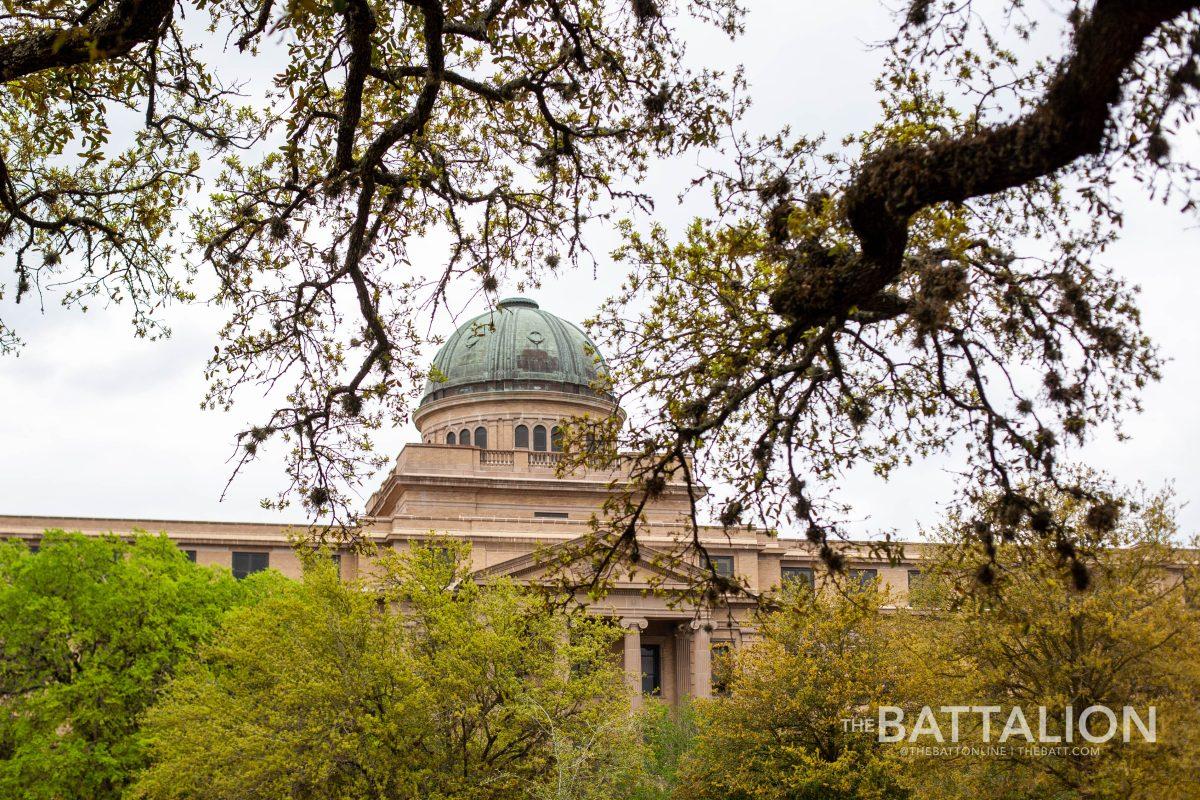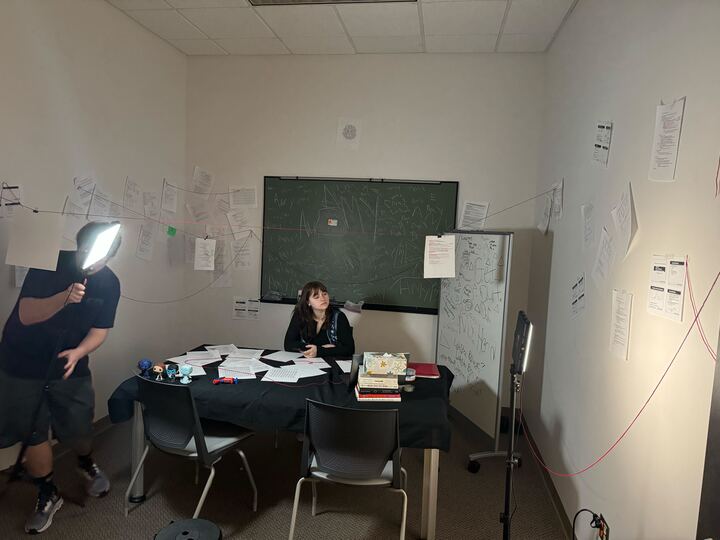The 50th anniversary of Earth Day will be screen-oriented in light of pandemic precautions.
Earth Day, which is celebrated each year on April 22, will have an online conference on EarthDay.org from April 20 to 25 with the overall theme of climate action to celebrate the institution’s impact thus far. However, of the one billion observers of this holiday, some folks argue that the coronavirus, while devastating to collective health, is detoxifying the environment.
According to numerous social media posts and news stories, greenhouse gas emissions have decreased and air quality has increased, as governments react to the COVID-19 pandemic. Atmospheric sciences professor Ramalingam Saravanan said the seemingly positive eco-effects of COVID-19 are temporary.
“While these impacts seem like a silver lining in the disorder, this is a short blip in the grand scheme of the climate,” Saravanan said. “However, if this time permanently teaches us to drive less and travel less, we can alleviate the strain that will be placed back onto the world after this pandemic is over.”
One Love Environmental Chair and public health junior Thomas Jistel said while these ideas make for flashy headlines, they do not signal a sustainable turning point for climate change’s effects on humanity.
“For a society to be sustainable, we have three categories to classify issues: environmental, economic and social sustainability,” Jistel said. “All three are needed to have an equitable society for the environment and the people living in it. While the lack of human activity has benefited the environment, the economic and social turmoil in the wake of COVID-19 undermines the positive. We need to start looking at sustainability holistically, which means keeping all three categories in mind.”
There are several ways students can continue sustainable practices during COVID-19, and Jistel said Aggies could even initiate new habits to better the community with excess free time.
“We encourage everyone to think of projects to help with sustainability, like creating compost or recycling bins, reducing water and electricity consumption, and lessening food waste,” Jistel said. “These are simple habits but have huge benefits for our health during the current pandemic and on our environment.”
While Earth Day celebrations may look different, Jistel said the A&M Office of Sustainability is holding its first Virtual Earth Month this year, which he encourages all students to attend.
Wildlife and fisheries sophomore Amanda Biscoe said she’s using this alone time on Earth Day to reflect on what humanity takes for granted and to recall the reason why the day of honoring our planet exists.
“I hope that people have taken this quarantine as an opportunity to recognize how important climate change is,” Biscoe said. “It’s a perfect time to look into the impacts we are having on the environment.”
No matter how students choose to spend the day, Biscoe said she wishes this holiday will remind people that climate change is always relevant.
“We’re holding our future and our children’s futures in our hands, and the choices we make as individuals can have incredible impacts on the future,” Biscoe said. “It’s easy to turn a blind eye to climate change and the degradation of the environment because they rarely affect us tangibly. But it is our job, as Aggies and as humans to do what we can to live sustainably and limit our ecological footprint.”









